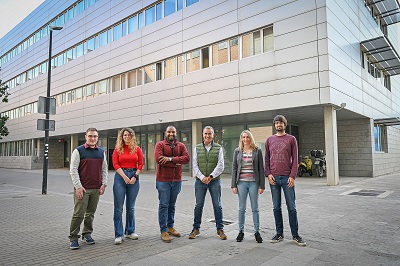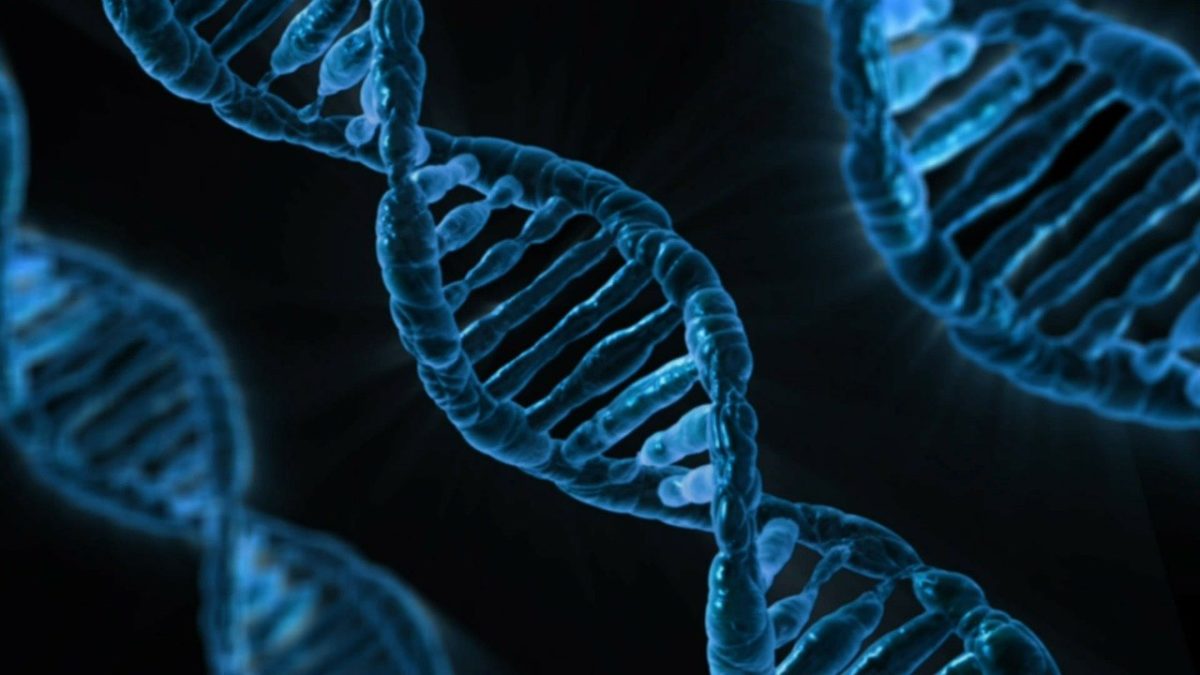
UPV researchers work to improve diagnosis of childhood cancer and cardiovascular diseases
Advances in sequencing technologies over the last few decades have made it possible to identify individual genomes in ever shorter times and at ever lower costs. Twenty years ago it took titanic efforts by the scientific community to sequence the first human genome. Today, thousands of genomes are sequenced daily and this is the basis of personalized medicine, which will help to design the best treatment for each individual by correctly interpreting the information that characterizes us as unique individuals: our genome.
Deciphering this language of life and integrating this information with patients’ clinical data is the next step towards making precision medicine a reality in clinical practice. A team led by the Valencian Institute for Research in Artificial Intelligence (VRAIN) at the Polytechnic University of Valencia is working on this.
From its laboratories, they coordinate the development of a new tool that combines Explainable Artificial Intelligence, Conceptual Modeling and Machine Learning to interpret genomic data from patients and facilitate the prevention, diagnosis and treatment of different pathologies.
It does so within the framework of the OGMIOS project, funded by the Valencian Agency for Innovation, and in which the La Fe Health Research Institute (IIS La Fe), the INCLIVA Health Research Institute, the Alicante Institute for Health and Biomedical Research (ISABIAL) and the company Bionos Biotech also participate, integrating the three dimensions (clinical, scientific and industrial) necessary to successfully address the scientific challenge associated with the project.
Childhood cancer and cardiovascular disease
The project in this case focuses on the study of genetic predisposition to pediatric cancer and cardiovascular diseases, specifically familial heart disease with risk of sudden death. Thus, the OMGIOS platform will make it possible to integrate and analyze the clinical and sequencing data obtained from different groups of patients affected by some of the phenotypes of childhood cancer and familial heart disease.
“Individual genetic predisposition to cancer, especially in childhood, plays an important role, as up to 10% of cancers occurring in childhood may have this origin. Knowledge of this can lead to screening and early diagnosis, allowing treatment at an even earlier and more localized stage. And OMGIOS will contribute to understanding this genetic predisposition,” emphasizes Óscar Pastor, researcher at the VRAIN Institute of the Polytechnic University of Valencia and coordinator of the project.
As for familial heart disease, OMGIOS will help in the genetic characterization of patients and their relatives in order to offer them treatment and follow-up based on personalized medicine that will improve their quality of life and reduce cases of sudden death.
“The project focuses on these two pathologies, but it will generate knowledge and a basic Artificial Intelligence infrastructure that can be adapted for the prevention, diagnosis and treatment of other metabolic, neurological, psychiatric diseases, etc.”, emphasizes Óscar Pastor.
The OMGIOS project began last April and will run until December 2023.
Click here for more information (spanish)


